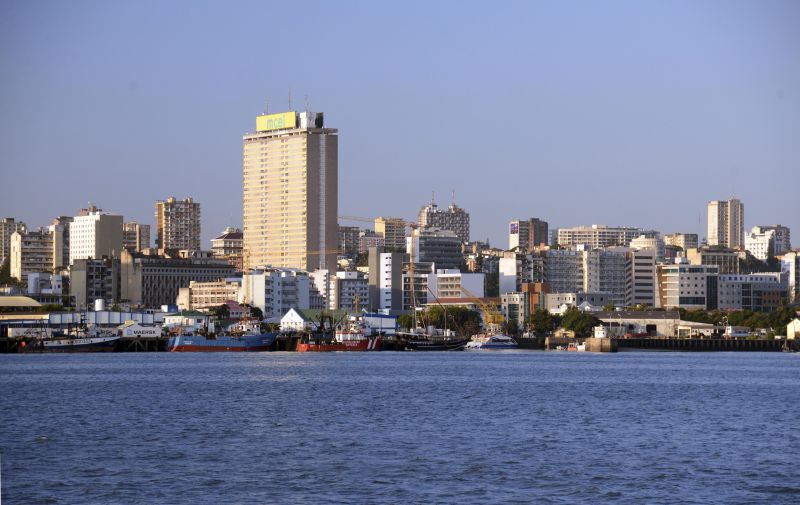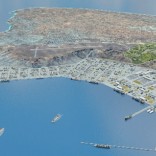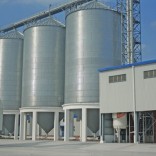Hopes and challenges of Macaneta as Incomáti bridge officially opens – Mozambique
Mozambique: Government sells or closes majority of state-owned enterprises

Lusa (File photo) / A view of Maputo city
The government is selling or liquidating 64 of the 109 companies owned by the state or having state participation and restructuring the rest, the president revealed yesterday in the State of the Nation address.
“Of a total of 109 companies owned or participated in by the state, 64 have entered into a process of sale, liquidation or dissolution, and 45 are in the process of restructuring,” President Nyusi said in parliament, referring to measures that his executive had taken in 2016, “an adverse year and a difficult time”.
The head of state reviewed the economic crisis that worsened at the beginning of the year as a result of falling export prices, currency devaluation, natural disasters and a decline in foreign direct investment and cuts in support from state budget partners totaling US$477 million as a result of the hidden debt scandal.
In 2016, the president said, challenges regarding the urgency of peace, the internal and global financial crisis and natural calamities piled up, but it would be “a serious mistake” and “dishonest” to impute everything that happened to the global context and ignore what happened In Mozambique.
The year, “marked by many storms”, made more visible the weaknesses of the social fabric, pointing to the case of poverty, corruption and violence, President Nyusi said.
Although the latest data points to a reduction in poverty, “the encouraging results” could not hide the fact that 46 percent of the population remains poor.
“We can not keep our conscience calm when faced with a number of this size,” Nyusi said, noting that the recent tragic tanker explosion which killed more than 100 people during a collective fuel raid was ultimately the result of poverty.
In 2016, he continued, it was equally clear “how much is needed to eradicate corruption and violence in a way to make a difference” and the need to learn to listen to those who think differently.
“I know that Mozambicans, regardless of their sex, creed and affiliation, would all respond in the same way if they were asked what the state of the nation is: everyone is aware that these times are not easy and require of all of us a patriotic conscience, and to stand united in the face of adversity,” he said.
Likewise, he noted, the combined effects of the crisis required government measures to restrain spending and reshape priorities, including putting debt on a sustainable path.
Filipe Nyusi did not mention the total value of the public debt, including the hidden loans guaranteed by the government between 2013 and 2014, only remarking that the government was renegotiating the charges while waiting for the results of an independent international audit.
These results, he commented, “will allow everyone to be clear on how the borrowed money was used” and would allow the state to strengthen debt management and fiscal transparency.
Macroeconomic policies “are already giving encouraging results,” according to the head of state, indicating “a recovery of the economy”, with growth of around 4 percent this year, revenue collection in the order of 70 percent by September, average inflation at 15 percent and the devaluation of the national currency against the dollar reduced from 80 meticais three months ago to the current 72.
Through “courageous and clairvoyant” government measures, “it was possible to avoid a crisis of public accounts and of the financial system that would have had serious social consequences,” he said.
In his speech, Filipe Nyusi insisted that increased production will prevent Mozambique from remaining vulnerable to currency fluctuations and pointed to agriculture as a priority to supply the country’s needs and export earnings.
“Mozambique has all the potential for this achievement to become effective,” he said.











Leave a Reply
Be the First to Comment!
You must be logged in to post a comment.
You must be logged in to post a comment.